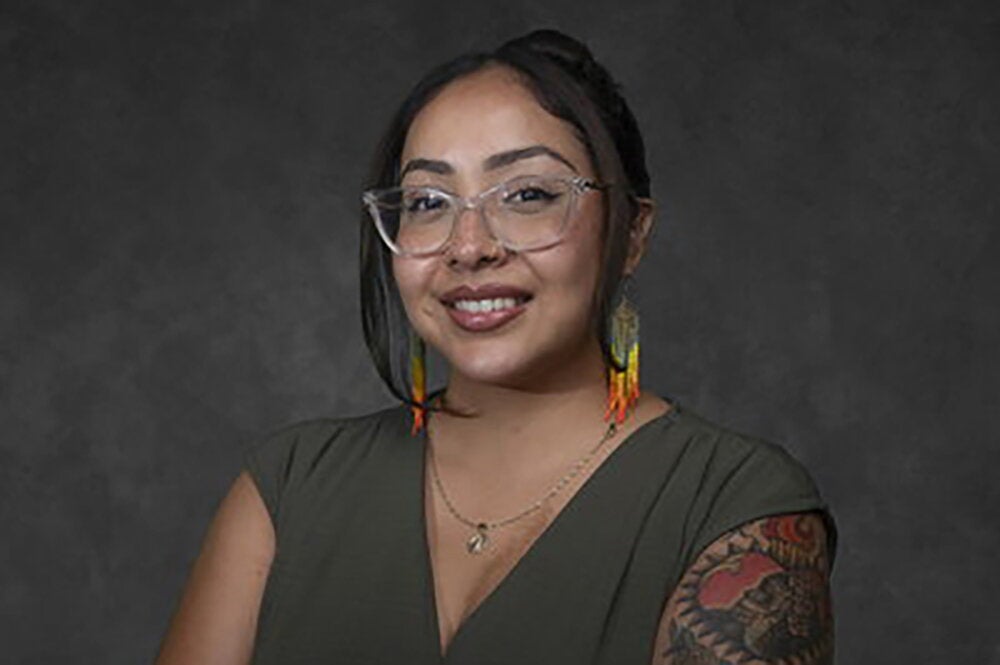Ed Cupp (PhD, '69, entomology) saw his first victims of river blindness during a field trip to Guatemala in 1969. He was a graduate student at Illinois at the time, but he never forgot the sight. Lesions and nodules covered the bodies of children and had spread to the eyes of many adults.
Today, Cupp is an internationally recognized medical entomologist whose exhaustive studies of the insect that transmits river blindness, the black fly, may soon lead to the eradication of this devastating disease.
The black fly breeds in the fast-flowing rivers that wind through the fertile farm country of Sub-Saharan Africa and coffee plantations of Central America. When the fly bites, it deposits larvae of a parasitic worm whose millions of offspring migrate throughout the body, taking up residence in the skin and other tissues. The lesions they cause blind many victims and doom others to perpetual sickness. Most of the 18 million afflicted are subsistence farmers and rural workers. As these wage earners become incapacitated, their families and villages are hurtled into economic despair and starvation.
In the late 1980s, Cupp developed a successful strategy for combating the disease by interrupting the parasite's lifecycle using a then-new drug called ivermectin. Previous attempts at controlling river blindness with insecticides had proved futile as the black flies developed resistance. Ivermectin was promising because it attacked the immature parasite in the skin. Crucial to its success, though, was the timing of the drug doses. Cupp discovered it was possible to disrupt transmission of the disease if ivermectin were administered every six months for two to three years.
This pathogen-based model for managing river blindness proved so successful that the World Health Organization recently announced that river blindness may be eliminated as a major health threat in Africa by 2005; in Latin America by 2007. Futhermore Cupp's environmentally safe model is being applied throughout the developing world for controlling endemic insect-borne diseases.
Cupp, who is a professor and head of the Department of Entomology at Auburn University, has garnered numerous awards for his research and has mentored a generation of scholars. He has even dodged rebel bullets and negotiated detentes with armed guerrillas. What matters most, he says, is that he has advanced medical entomology while relieving people's suffering. That's a sight he is happy to behold.


